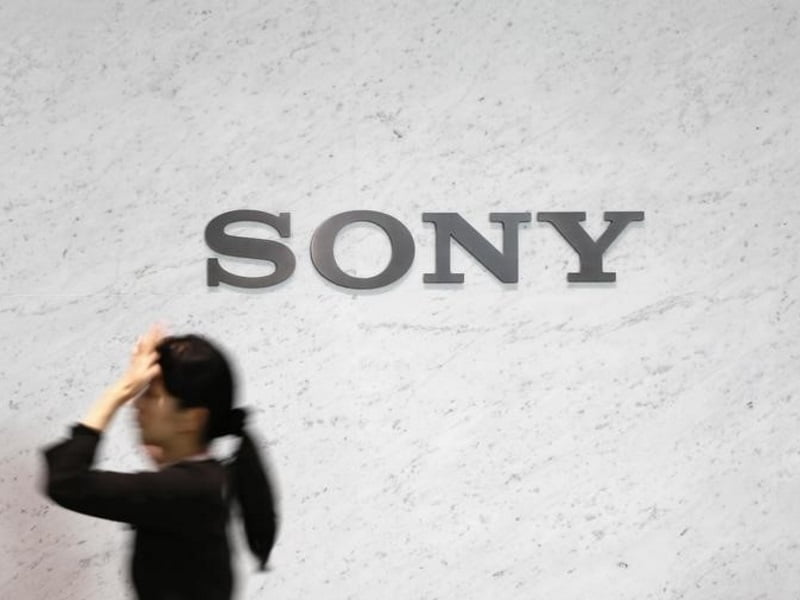
While the industry struggles to make any major advancements to the ubiquitous lithium-ion batteries, Sony may have found a different combination to substantially increase energy density. According to a media report, the Japanese conglomerate is working on two battery combinations to replace lithium-ion batteries.
Sony is working on lithium-sulphur and magnesium-sulphur batteries that offer a 40 percent gain in density by volume, reports Japanese newspaper Nikkei. The company is currently aiming to make these batteries commercially available in 2020. The report added that smartphones will be the first to benefit from the new advancement.
The lithium-ion batteries, which have been commercially produced for more than two decades now, has almost reached the threshold limit for energy density. This has left smartphone manufacturers and others with no other choice than to accommodate a larger battery to stuff more energy into a device.
The challenge is that it has proven difficult to make a battery that could maintain its charge capacity through hundreds of recharges. The process of testing these technologies takes a long time as well. So, has Sony cracked the puzzle? Not really, it appears.
The report added that Sony is yet to solve the technical challenges and that the lithium-sulphur batteries are still prone to heat generation or ignition. This is not the first time a company has claimed to have found a better battery solution. But over the years, we haven’t really seen any of these advancements make it to the finished product. In June, Samsung unveiled technology that could double lithium-ion battery capacity. But we haven’t heard anything about it since. If Sony manages to overcome all the challenges, the industry at large would benefit from the advancements.
[“source-gadgets.ndtv”]

